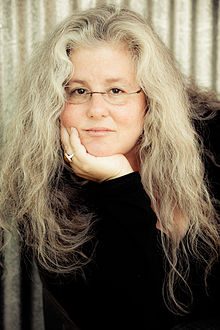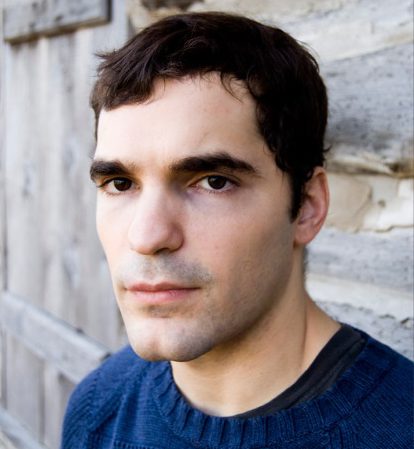 An excerpt from “Two Autumns, Saint Louis” by Dana Levin, published in the Kenyon Review:
An excerpt from “Two Autumns, Saint Louis” by Dana Levin, published in the Kenyon Review:
Two Autumns, Saint Louis
Now do you know where you are?
—C. D. Wright
Calvary Cemetery
Driving up Union to get there, all the yard signs saying, We Must Stop Killing Each Other—
A sign blaring CRISPY SNOOT—
An abandoned two-story with the windows blown out—a cooler and a bucket on the porch roof outside a second-story window—
At Calvary Cemetery, Groundskeeper Lambert “like the airport”: What are you looking for? Tennessee Williams. Say it again?
We asked to see the graves of Tennessee Williams, Dred Scott, and Kate Chopin; he obliged with the first two but as to the third, he hadn’t heard of her.
On his own he showed us four things:
The hill where all the priests are buried
The large hill empty of markers—
“That’s where the mass graves are, cholera, diphtheria, real
Wrath of God stuff, we don’t dig there—ever.”
A giant wasp nest hanging in the crook of a cross-shaped headstone—house of hearts militant—
“How close do you wanna get?”
The tomb where that old Saint Louisan with the two names is buried—
How she had been in cotton and asked to be buried on the
tallest hill overlooking the river, so she could watch the
loading from on high—
Later, Janet says, “I can’t find any record of that.” […continue reading here]











 Debra Spark’s “Finish It, Finish It: Options for Ending a Story” appears in the
Debra Spark’s “Finish It, Finish It: Options for Ending a Story” appears in the 

